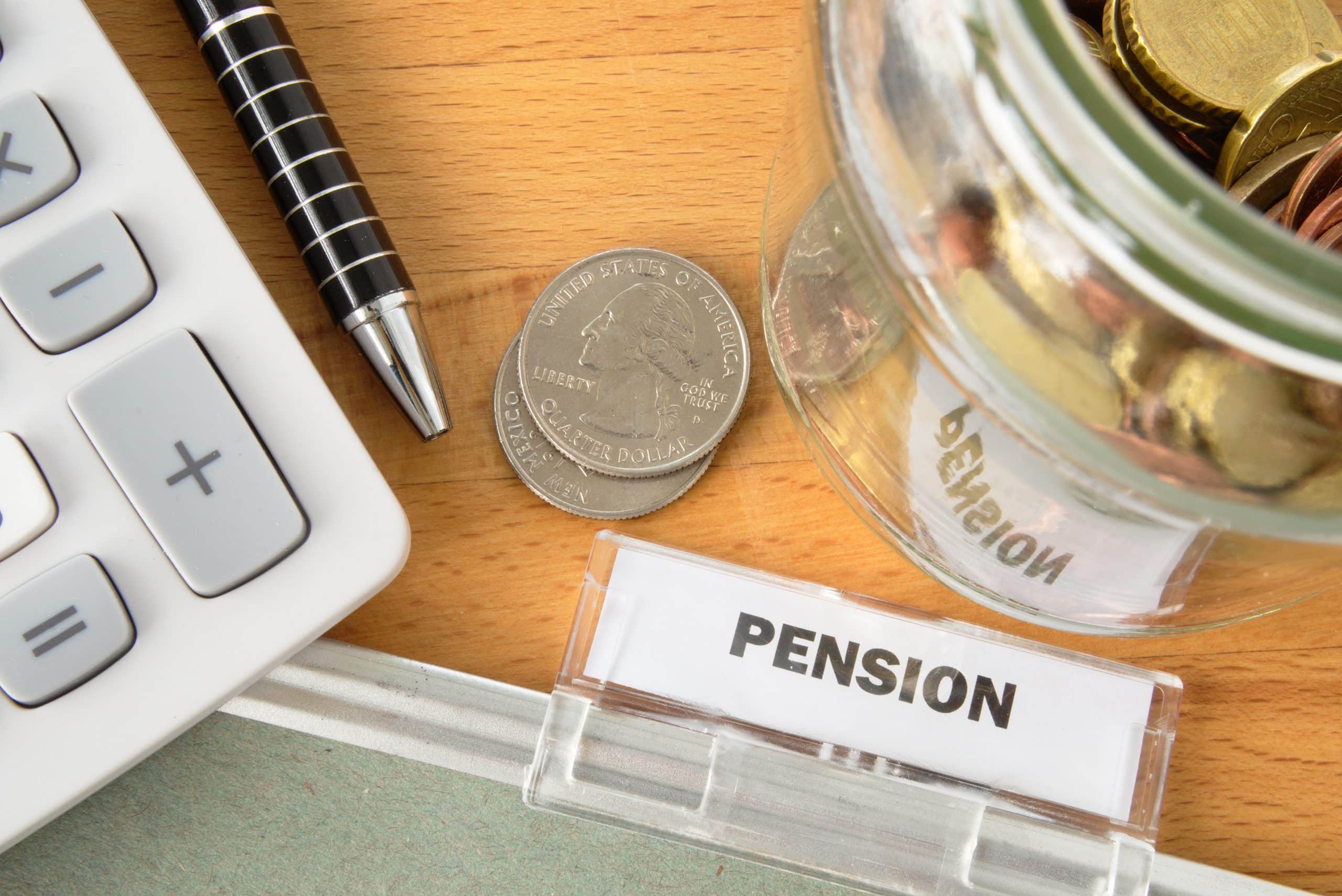Pensions are a complex area when dealing with the financial side of a divorce. It is all too easy to be focused on what you and your spouse need now, rather than considering how you will support yourselves in retirement.
In most cases, there will be a significant difference in the value of a couple’s pension as more often than not, women will take a step back from working to raise the children of the family. Statistically, women are also more likely to live longer than men so it is even more important to consider life after retirement.
This article aims to answer your common questions about how pensions are addressed during a divorce.
What happens first?
As outlined in our previous blogs, it is best to begin any discussion or negotiation with the exchange of financial disclosure. You and your spouse should provide details of your financial circumstances, including pension valuations. Many of us accrue pensions with various providers due to changes in employment so it is important to ensure you obtain all relevant information and that your spouse does the same.
You will need to find out how much your pensions are worth, including the cash equivalent transfer value (CETV). You should also be mindful of any pension benefits available to a spouse or your children such as lump sum paid upon death as these may cease upon divorce.
How will my pension be shared?
There are different ways to deal with pensions in a financial settlement. The best option for you will always depend on your individual circumstances. We will look at some of the options below:
- Pension Sharing
A pension sharing order is perhaps the most obvious way to divide a pension pot. The agreed percentage of the pot would either be transferred internally into the name of your spouse or transferred externally to their existing or new provider. This is usually the complex part of the process as what you can do with a pension will depend on the rules of the provider.
- Pension Offsetting
With this option, the pension is not actually shared at all. Instead, your spouse would perhaps receive a larger share of the family home or other capital asset instead of a portion of your pension.
As above, it can be easy to become consumed by your immediate needs so if a pension offset has been proposed, think carefully about whether the capital assets provide you with enough security for the future. Whilst it may be useful to have a large lump sum now, this could quickly be swallowed leaving you in a vulnerable position in later life.
You may also need to consider the involvement of a pension actuary who are experts. Although pensions have a value, it can be very hard to compare the expected income of a pension with the value of a property or other asset.
- Pension Attachment
These orders are less common as no payment or benefit is received until your spouse reaches the applicable retirement age. In those circumstances, you may receive a share of the pension each month or a lump sum.
Will all of my pensions be shared?
Not always. It will depend on their values and your circumstances. You might transfer a few pension pots to your spouse whilst retaining one larger pot of the same value for yourself.
Most people have occupational pensions or personal pension schemes as well as self-invested plans. Your basic state pension cannot be shared (apart from any portion built up under the additional state pension rules before April 2016) but the income from it may be considered when looking at future needs.
If you built up a pension before you were married, it can still be considered within any settlement. However, if your marriage was short you could argue for a pension to be ‘ring-fenced’ if you can clearly show it was accrued before marriage.
At E J Coombs, we understand how complex financial settlements can be, especially those involving pensions. Contact us now for more information or to arrange an initial meeting with one of our solicitors.



